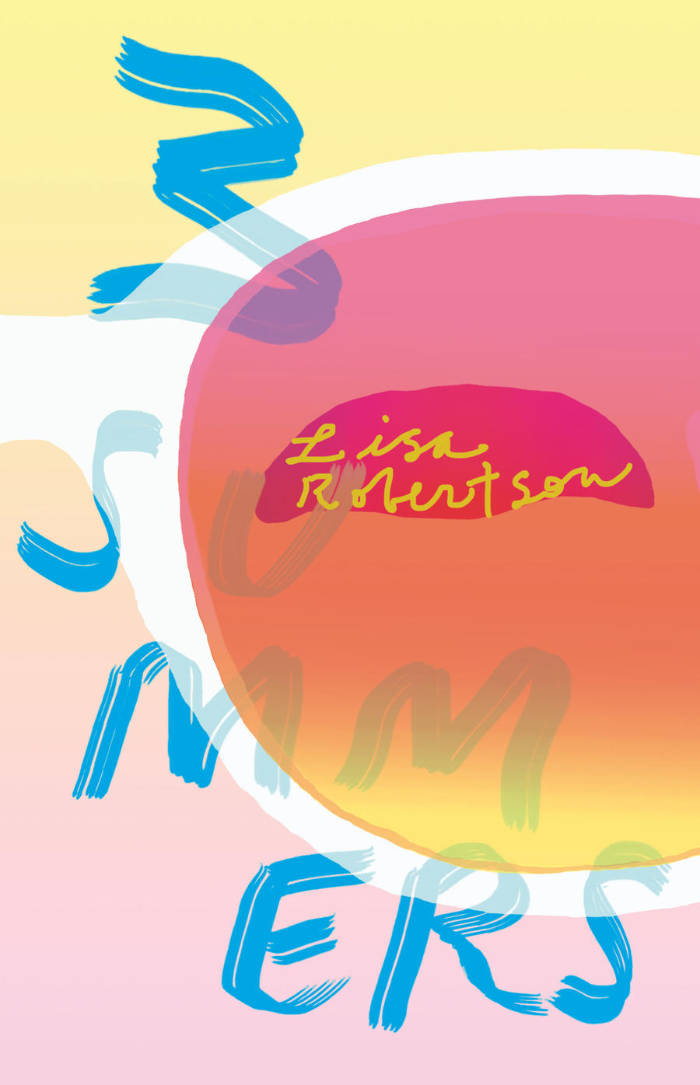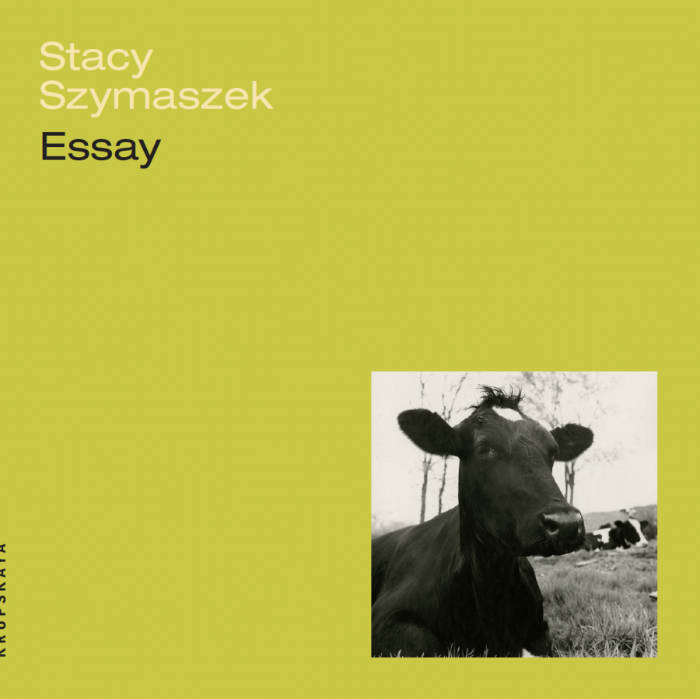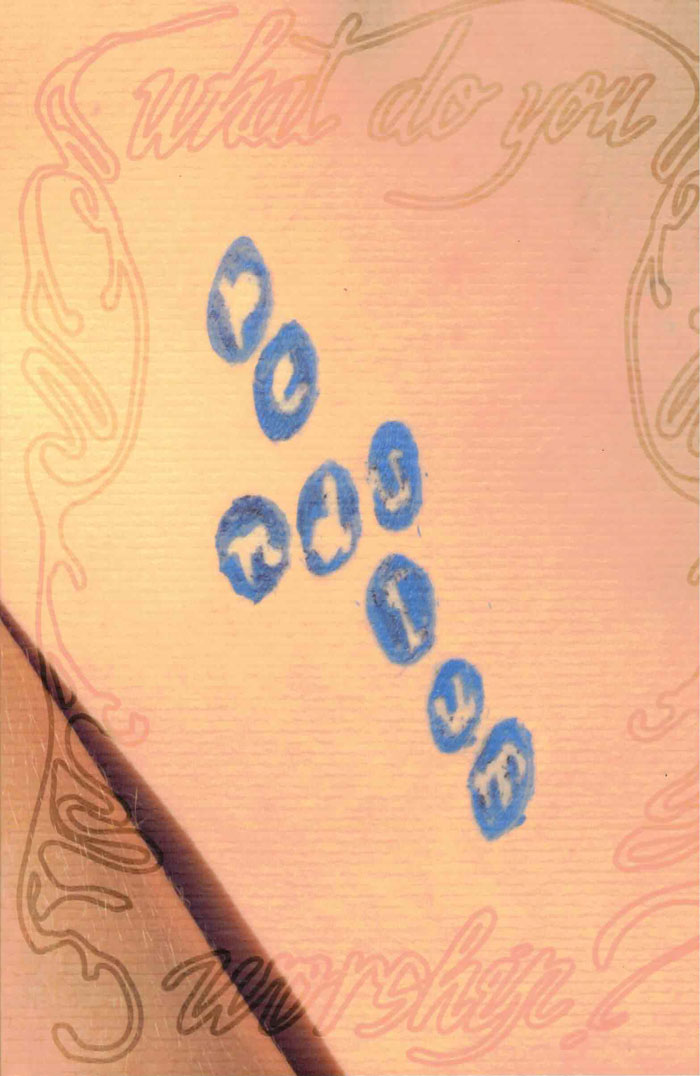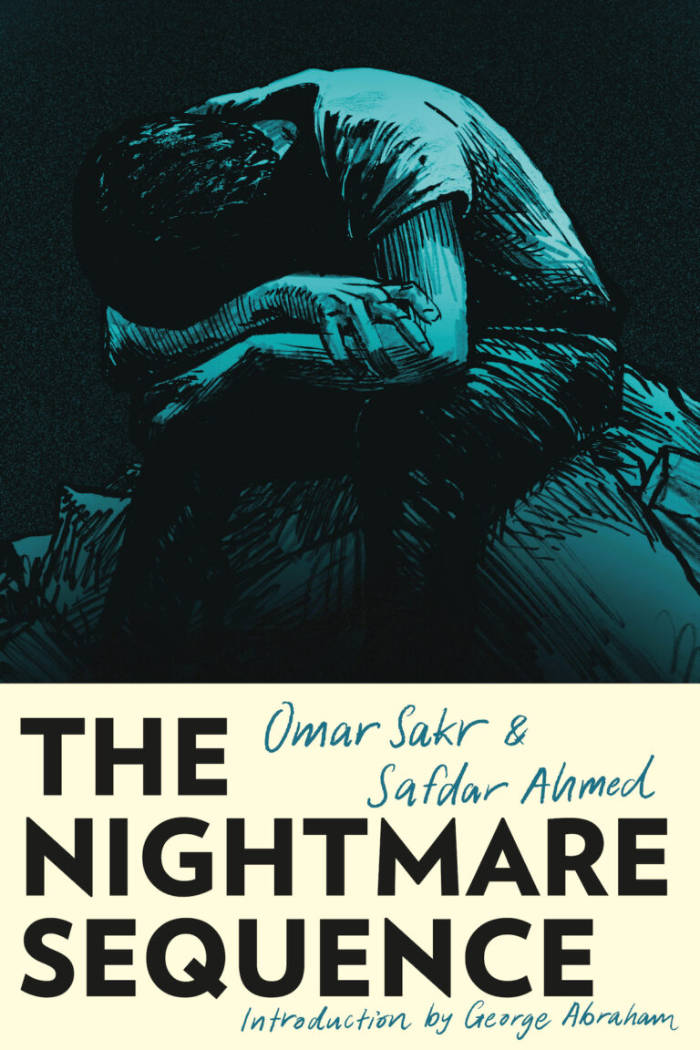What do you worship? What claims your time, your faith, your silence? What are the icons you carry, the relics you protect, the devotions that define you?
For our inaugural issue, we invite you to reflect on the objects, ideas, rituals, and obsessions that shape your devotion. Worship is not confined to temples or texts, it flickers in longing glances, whispered prayers, silent routines, and fervent beliefs. It can be sacred or profane, communal or solitary, chosen or inherited.
We encouraged our writers and artists to interpret this theme freely, critically, emotionally, playfully, or abstractly. Whether they explored worship through fiction, nonfiction, poetry, visual art, or hybrid forms, we were looking for work that comforts, commands, or consumes.
This issue features art and writing from: Triinu Silla, Michel Krysiak, Anna Tracey, Antonina Anna Kubicka, Ari Wentz, Jonathan David Sijl, Renacuajo Sánchez, Florence Hutchinson, Marta Calero Segura, Eden Ridout, Artémis Toumi, Simone Viola, Zoe Pappouti, Laura Soto Sánchez, Autumn Anderson, Woodkern, Cathal McGuire, Nena Pawletko, Ignacio Aguilera, Marine Victoria Lobos Garay, Andreea Luță, Isabel Ferreras González, Rafael Torrubia, Emilia Tapia, KC Willis, Simon Jin, Jacky Weerman, Róisín Gallagher, and Rin Anishchanka.








